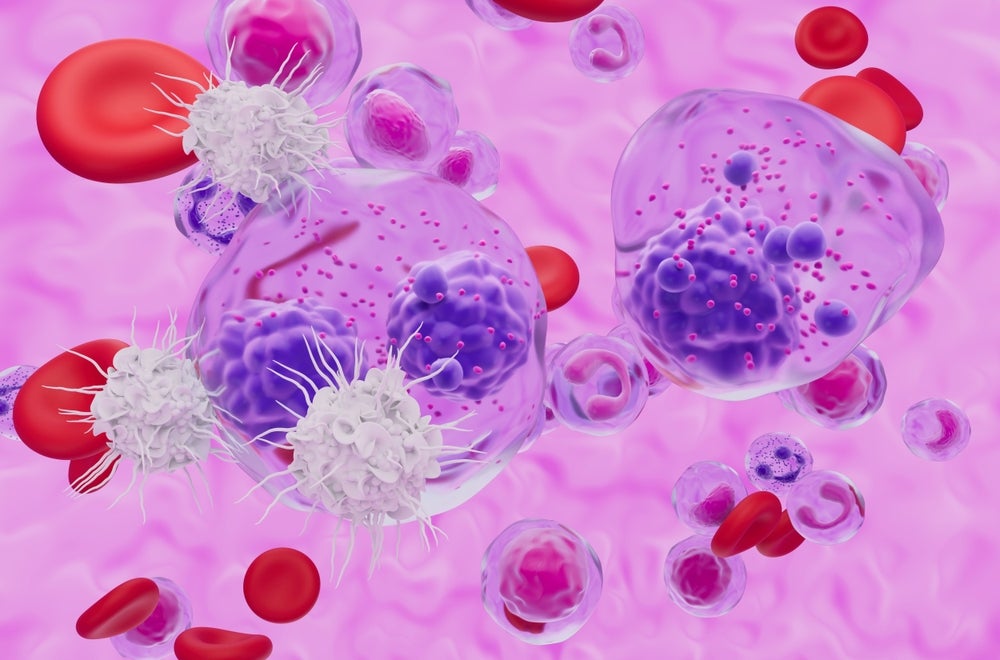At the American Society of Hematology (ASH) Annual Meeting on 9 December, Arcellx published Phase II results of the IMMagine-1 trial for its BCMA-targeting autologous cell therapy, anitocabtagene autoleucel (Anito-cel) in patients with relapsed or refractory multiple myeloma (r/r MM) who have received at least three prior regimens, including a proteasome inhibitor, an immunomodulatory drug, and an anti-cluster of differentiation 38 antibody. There are already two cell therapies approved in this patient setting, Johnson & Johnson’s Carvykti and Bristol Myers Squibb‘s Abecma, which entered the market in 2022 and 2021, respectively. Both drugs have struggled to gain market share as a lack of specialised treatment centres and high costs have reduced the availability of these drugs to patients.
Anito-cel delivered an overall response rate (ORR) of 100%, a stringent complete response (CR) rate of 76%, and a 24-month progression-free survival (PFS) of 56%. These results are similar to those of Carvykti’s pivotal trial CARTITUDE-1, which saw an ORR of 97%, a stringent CR of 65%, and a 24-month PFS of 61%. Both cell therapies, Anito-cel and Carvykti, demonstrated more impressive results than Abecma’s pivotal trial, named KarMMa, which saw an ORR of 72% and a stringent CR of 28%. A more compelling safety profile may convince physicians to favour Anito-cel over Carvykti, as the former has seen no neurotoxicity so far while 11.3% of patients had a grade 3 neurotoxic event in the CARTITUTDE-1 trial.
Arcellx has a mountain to climb to compete with the established cell therapies in this space, particularly Carvykti, even if its favourable safety data holds. Arcellx has partnered with Gilead to market Anito-cel to leverage Gilead’s existing contacts with manufacturers and specialised treatment centres in the cell therapy space, as Gilead already markets successful cell therapies such as Yescarta. The partnership with Gilead will also help Arcellx navigate the US Food and Drug Administration approval process. Arcellx has to rely on the favourable safety results of Anito-cel, which the company attributes to the synthetic B-cell maturation antigen-binding domain of its therapy, to induce uptake. However, Carvykti still has the advantage, as earlier this year it gained a label expansion in r/r MM patients who have received only one prior line of therapy. Abecma also received a label expansion in the same patient population but who had received two prior lines of treatment. Leading data and analytics company GlobalData’s analyst consensus forecast predicts that global sales for Anito-cel will be $505m in 2030 while Carvykti will reach $9.8bn and Abecma $853m in the same year.






